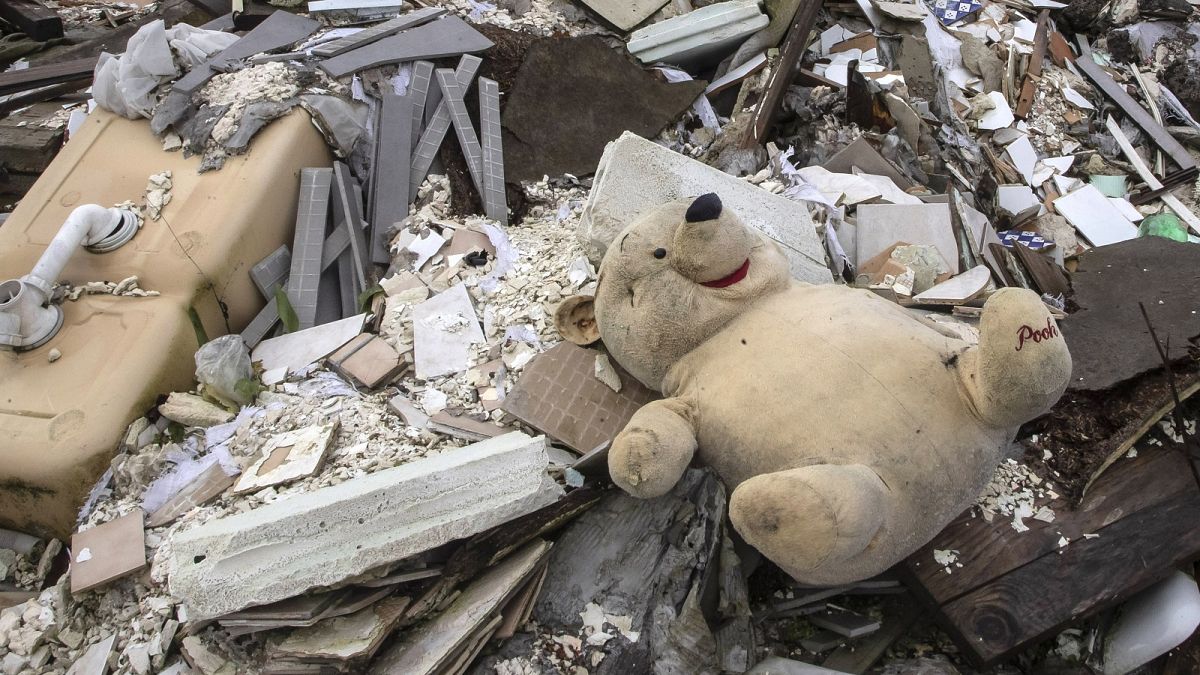Momentum is growing behind the idea of the circular economy, but it is still a distant ideal if European businesses don't grasp hold of the opportunity it presents.
Consumer expectations are reshaping retail. Shoppers not only want outstanding products, complemented by a memorable buying experience, they expect retailers to make a positive impact on the world around them.
This is generating momentum behind the idea of the circular economy. With sustainability a central theme of European Retail Day 2020 this week, this framework can help retailers to realise the opportunity.
Simply put, the circular economy aims to eliminate waste - by design. Products are optimised to be reused, restored or returned. Production processes utilise renewable energy sources and remove toxic chemicals.
This is linked with what some call the ‘sharing economy.’ In many ways, the consumer becomes a user. More durable products are shared, rented or leased rather than purchased individually.
Companies are at the heart of the circular economy. And European firms have a real opportunity to lead through reforming supply chain operations, changing consumption patterns and being engaged on waste management.
The EU is explicitly aiming to become a world leader in the circular economy. Bank HSBC’s Navigator research shows European businesses are already keenly invested in driving sustainability. Reducing waste through prevention, reduction, recycling and re-use is the top investment priority for businesses in this region.
This appeals to sustainability-conscious consumers. Furthermore, it demonstrates a seriousness of purpose towards meeting the UN Sustainable Development Goals (in particular goal 12) responsible production and consumption.
Retailers will need to reimagine business models if they are to incorporate circular economy principles. This means prioritising durability and sustainability. Products should be recyclable by design, created through ethical supply chains and distributed to consumers with minimal emissions. This approach can deliver substantial savings through efficiency gains and create opportunities to capture value over the long-term.
We are seeing businesses make bold commitments. A few examples illustrate how they are capturing emerging opportunities. For instance, the Swedish clothing retailer H&M is trialling a rental service in one of its Stockholm stores. Shoppers can rent a selection of fifty garments for $37 (€33) per week. Adopting circular principles, they are also trialling an in-store repair service. This follows an existing scheme which encourages customers to bring old clothes to be exchanged for a voucher.
These simple principles may be widely applied. Electronics giant Philips has long specialised in lighting. Today, the company is innovating to sell lighting as a service, whereby they retain ownership of the equipment which consumers rent. This removes high upfront costs for the consumer, and ensures products are sustainably managed at the end-of-life. Philips also has skin in the game through a stake in 22 organisations which collect and recycle 40% of the mercury-containing lamps on the market.
A focus on sustainability will position European retailers to appeal to the consumers of the future. Global prosperity is shifting south and east. HSBC projects that over the coming decade, roughly 70% of global growth will come from markets we currently describe as emerging. This rapid rise will unleash a boom in consumer spending power.
By the end of this decade, China will become the world’s largest economy. As educational and income levels increase, Chinese consumers’ environmental awareness and demand for green products are on the rise. European retailers looking to capitalise should understand that sustainability is a core business consideration for their Chinese competitors and business partners. HSBC’s Navigator research finds that 30% of Chinese firms view sustainability as essential to long-term viability, 9% higher than the global average. This means that the opportunity favours retailers that can meet, and even raise, China’s sustainability standards.
Finance has a critical role to play in the transition to a circular economy. According to McKinsey, consumer supply chains typically account for more than 80% of a company’s greenhouse gas emissions, and more than 90% of the impact on land, water, and biodiversity. It is about co-creation; through understanding firms’ strategies, banks can tailor financing support. For example, HSBC’s partnership with Walmart links the retailer’s suppliers’ financing costs to sustainability outcomes. This can drive efficiency and sustainability throughout the supply chain, accelerating progress towards a more sustainable future for all.
Analysis suggests that the world is still only 9% circular so there is still a long way to go. Progress will open opportunities for retailers to appeal to consumers in Europe, and far beyond.
Andy Wild is the Head of Commercial Banking in Europe for HSBC.
____________
Are you a recognised expert in your field? At Euronews, we believe all views matter. Contact us at view@euronews.com to send pitches or submissions and be part of the conversation.

